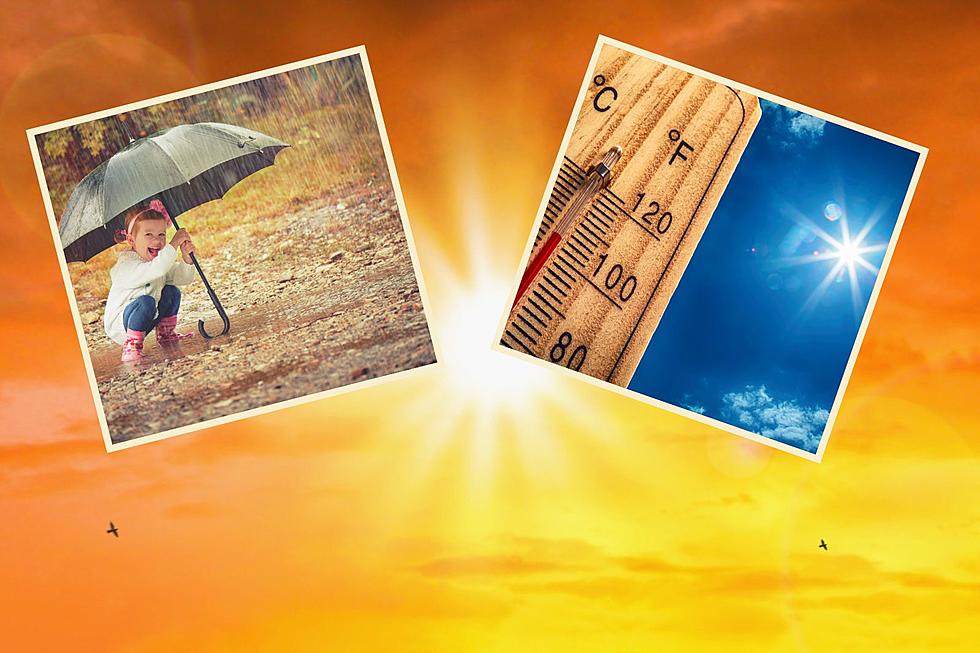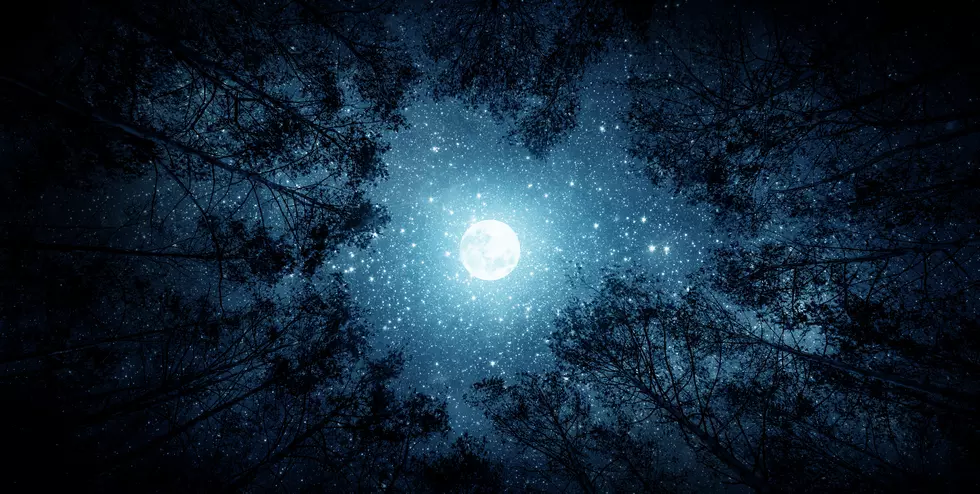
Wet Summer Sizzler On Tap For Missouri According To Farmers’ Almanac
It's that time of year when the Farmers' Almanac has put out its summer forecast for the United States. if you happened to decide it was a good year to put in a pool, well you're going to be in luck.

The Farmers' Almanac says it will be a warmer than normal summer for most of the United States. It's no different here in Missouri, where the Almanac uses the phrase "Broiling wet" for our part of the country. I'm not sure if that's better or worse than our Illinois friends across the Mississippi, where the Almanac says the weather will be "Warm to-Hot Soggy".
The Almanac is predicting that this summer might be the hottest summer in the last century. As far as rain goes, we're not escaping that either. Plentiful is the word they use to describe the precipitation Missouri and it's adjacent states will receive.
The Farmers' Almanac Editor Peter Geiger says, “Our forecast is pointing towards a long, hot summer with the heat feeling unrelenting, hanging on from June through September.”
Of course, this is The Farmers' Almanac forecast, which is put together a little differently than our meteorologists at Weatherology do. The Almanac uses a mathematical and astronomical formula that considers a variety of factors including, sunspot activity, tidal action of the Moon, positions of the planets, and proprietary equations.
If you don't like the forecast, The Farmers' Almanac isn't always right. Missouri was in what they called the "Hibernation Zone" this past winter, which they said would be glacial and snow-filled. That didn't really happen. We did have two or three short bursts of very cold weather, but we barely saw any snow, and I'd say it was a little warmer than normal. So maybe it won't be as broiling as The Almanac says it will be.
I'll tell you one thing, I'm glad my buddy is getting a pool put in. Now where is my swimsuit?
LOOK: The most extreme temperatures in the history of every state
KEEP READING: What to do after a tornado strikes
More From AM 1050 KSIS










